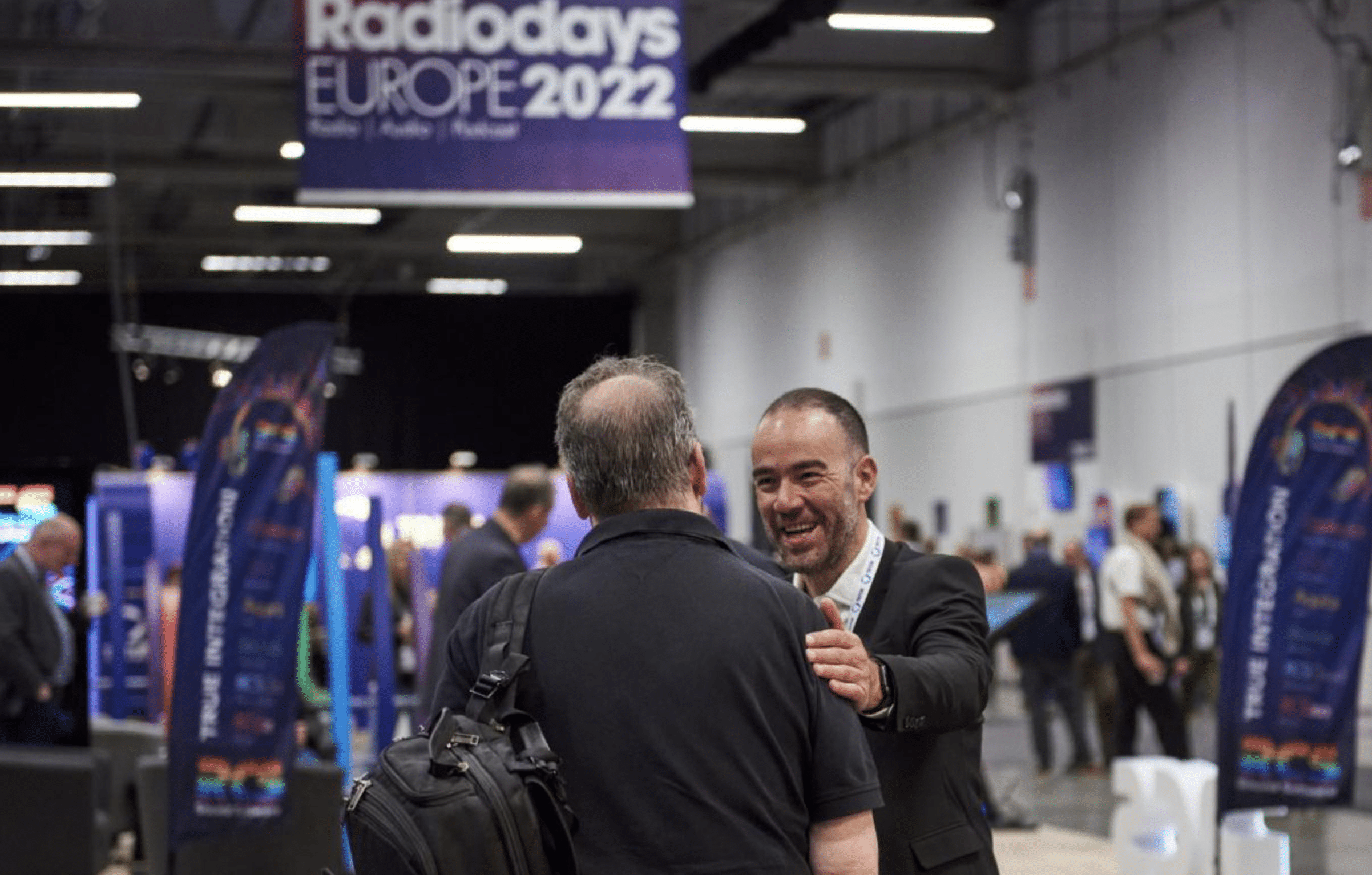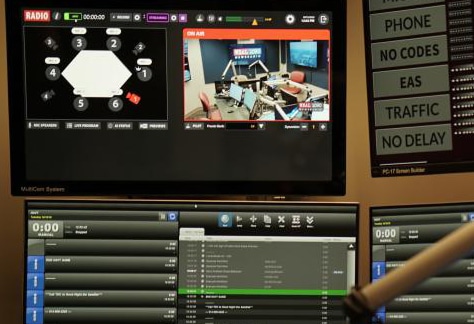
LONDON — If you search “fake news” on the Google Ngram viewer, which determines the frequency of certain strings within available published sources, you probably won’t be surprised that the phrase has dramatically increased in popularity in the last decade. However, the actual numbers are astonishing: the phrase “fake news” is over 60 times more likely to occur in publications dating from 2021 than from 2012.
Leaving politics — perhaps the elephant in the room — aside, people have become far more adept at manipulating news presentation. I remember vividly a prominent member of the Islamic community telling me in about 2017 that he had been tracking all types of atrocities that had been attributed to Islamist activity, where this was not the case.
One criminal in Spain who shouted something seemingly incomprehensible to bystanders during a stabbing was immediately identified as a Muslim, whereas the shout turned out to be in Basque.
More recently, such misinformation has led to riots in the United Kingdom. The technique, used by those seeking to generate tensions, is effective since fewer people read any retraction and apology following a news story than consume the original report. With social media, the chances of any subsequent correction are, of course, extremely slight.
We know that the domestic animals of Springfield, Ohio, in the United States, have nothing to fear from the local Haitian community, but the damage has already been done. My time as head of radio at the EBU, from 2015, was dominated by three things: The acceleration of DAB rollout, the introduction of voice devices and the meteoric rise in discussion of “fake news.” Anyone who follows the news intelligently will probably conclude that things are not about to improve.
In a world where material is so easily generated, radio has, above all other media, the potential to be the bedrock on which reasoned opinions can be formed and democracy supported.
Not solely the broadcasters’ task
My previous article for RedTech created some consternation among readers and some friends with whom I shared the resulting podcast. I described how I had challenged Google NotebookLM to create a podcast on an impossibly complex philosophical subject, comparing the notion of the self in ancient India with the view of a Danish philosopher. People found it really disturbing how natural the dialog was and how the audio had picked up many of the main points while mysteriously adding some ideas from medieval Japan. It was as if we had created, with a few clicks, a startlingly realistic deepfake.
If the voices sounded slightly “generated,” the chatty tone, the ums and aahs and even the hesitations were surprisingly human. Where does this take us? It’s astonishing that this happens at all. However, no university student should prepare for exams using the product.
It’s challenging to gameplay the possible scenarios since no accurate crystal ball has ever been available. That said, radio broadcasters seem to have a special responsibility since our medium is consistently the most trusted. In a world where material is so easily generated, radio has, above all other media, the potential to be the bedrock on which reasoned opinions can be formed and democracy supported.
We note that in times of crisis or national events, people are drawn to licensed news and information providers. This is a good foundation, but keeping close to communities and earning their trust — nationally, regionally and locally — is not solely the broadcasters’ task. It is good that wider society and, indeed, the academic world is turning its mind to this.
Talking about reliable sources
Many years ago, I heard Sander van der Linden, a professor of social psychology at the University of Cambridge, speak at a conference about combating fake news. Unlike most lectures I’ve heard, this one stayed in my mind since it gave practical advice on countering fake news.
The idea is that this might work like a vaccine — if people are exposed to the idea of misinformation and have the possibility front of mind, this can equip them to resist genuine falsehoods later. Van der Linden has also developed tools, including educational games, that educate individuals about the manipulative tactics and emotional triggers used in fake news. He introduced the idea of prebunking — making us all healthily skeptical — rather than debunking. He argued that this should be part of regular school education, continuing to university level. He has published his ideas in the award-winning book “Foolproof: Why Misinformation Infects Our Minds and How to Build Immunity.”
We used to call this “critical thinking,” but perhaps it is more urgent than ever. It would seem evident that people consuming traditional media to any extent are at less risk since they recognize the value of sound journalism.
That said, surely radio, with its reputation for trustworthiness, should consider how it can play an active role in discussing such issues widely: What is fake and what can we believe? News verification has developed rapidly over the past decade.
Surely radio, with its reputation for trustworthiness, should consider how it can play an active role in discussing such issues widely: What is fake and what can we believe?
Still, I would argue that radio broadcasters should proactively consider ways of speaking more openly about how they support their work with reliable sources and, more generally, implement systematic ways of discerning truth from falsehood.
Van der Linden’s work has been widely discussed, and his inoculation theories have created some debate in the scholarly community. That said, it is an area that we neglect at our peril. There is no point in my spending time underlining the dangers that arise from unthinkingly accepting the latest conspiracy theory. These are all too obvious.
It’s fashionable to predict trends as any new year begins. As an alternative, I suggest combating fake news as an urgent area of work. I forget who said this, but one speaker I heard talking about “fake news” asked, “Why have we stopped simply calling it ‘lies’?” Radio is better positioned than any other medium to impact this area positively. That, I suggest, is our primary task for 2025.
The author was head of radio at the EBU until recently, and before that, managing editor of one of the BBC’s national stations. He currently advises media organizations internationally.
More from Graham Dixon
AI now offers instant audio for everything





















